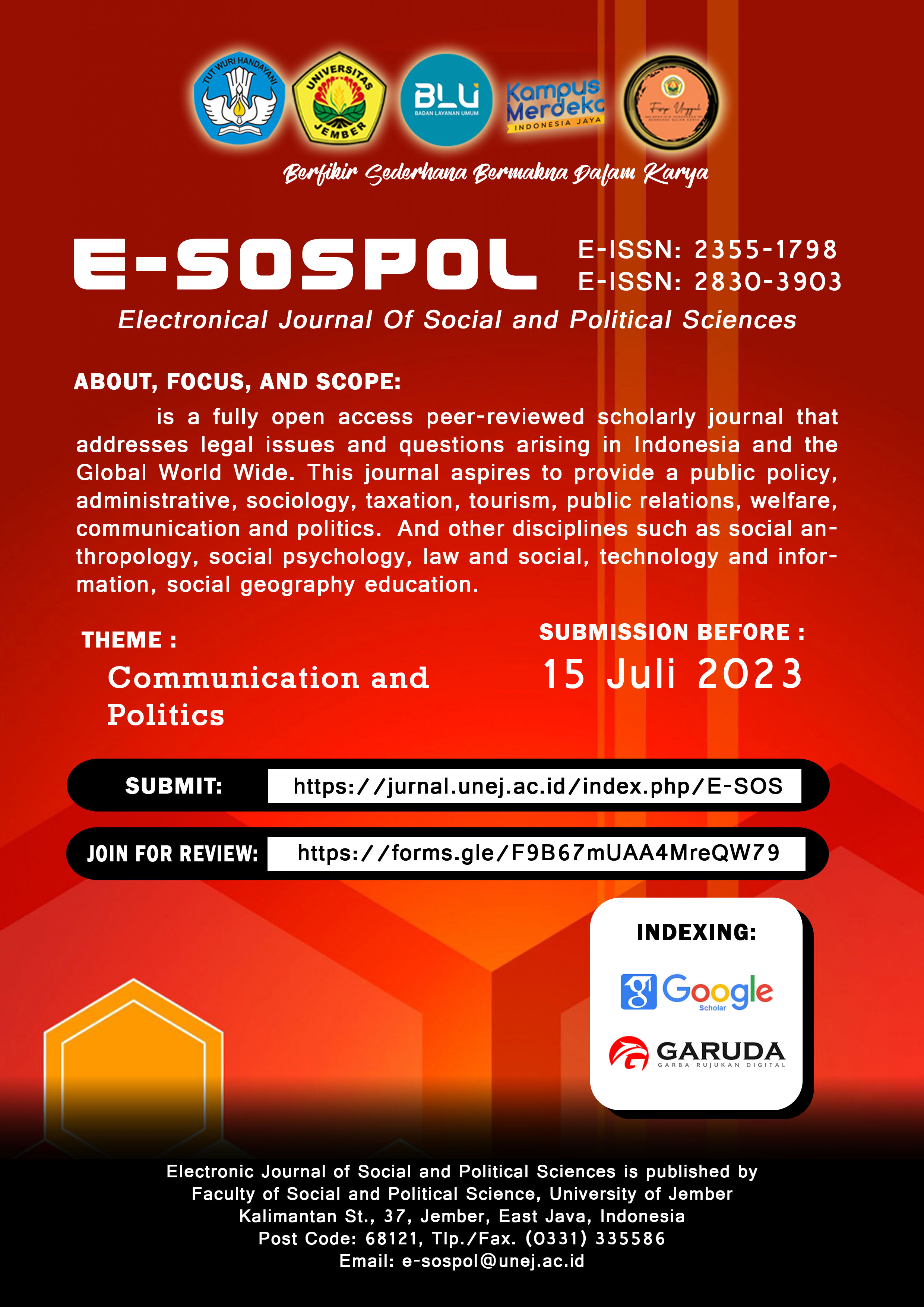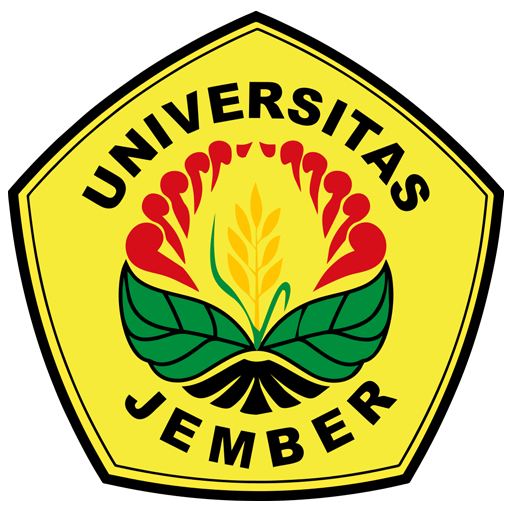Alasan Indonesia Melaksanakan Program Ekolabel
Abstract
Abstract
Cooperation among countries in international trade and environmental issues are early stages of the idea of ecolabel. Ecolabel program is a product certification that provides information to consumers about product’s life cycle in stating that the product provides smaller environmental impacts than other similar products without ecolabel mark. The vision of ecolabel implementation in Indonesia is the realization of ecolabel as an effective device for protecting the environment, the society interests and the improvement of production efficiency and competitiveness. Meanwhile, the mission carried out by Indonesia ecolabel program is to establish synergy to control negative environmental impacts throughout the product life cycle, to push demand and supply of environmental friendly products and to provide criteria and verification system of ecolabel which is competent and credible on the basis of stakeholders. The research applied descriptive-qualitative method used for data analysis. In subsequence to collection, data were arranged to analyze. This research was intended to determine Indonesia's reasons for implementing ecolabel program. It was found that Indonesia’s reasons to implement the program were to meet the demands of international trade over trade barriers that require a country to produce environmentally friendly products which has relatively small negative impacts on the environment. The purpose of this program was set up in order that Indonesia’s products are able to compete with the products of other countries. Ecolabel program is also an attempt to safeguard the environment as a form of guarantee for environmental security and to protect the environment from damages and to apply the principles of sustainable development.
Penulis yang mengusulkan naskahnya untuk dapat diproses penerbitannya pada e-SOSPOL dianggap telah menyetujui beberapa hal sebagai berikut:
1. Penulis tidak dapat menarik naskah yang telah usulkan untuk diproses hingga mendapat jawaban dari Ketua Dewan Penyunting atas status naskah artikel ilmiahnya (diterima atau ditolak untuk diterbitkan).
2. Penerbit tidak bertanggung jawab terhadap kasus plagiasi atas artikel yang terbit pada e-SOSPOL
3. Penerbit tidak bertanggung jawab atas data dan isi dari artikel yang diterbitkan pada e-SOSPOL, dan sepenuhnya merupakan tanggung jawab penulis.






.png)

